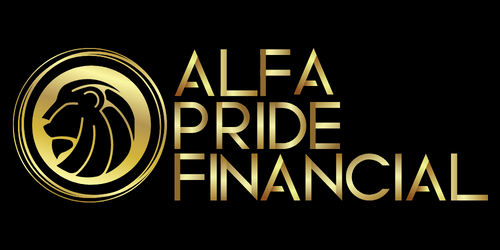Money earned can either be consumed or saved. When money is saved it can either be hoarded or be invested to enhance its value. An investment strategy requires information about the various asset classes available to them.
The general term used to refer to investments is 'assets'. Currently, there are several different asset classes to invest your money in. Asset classes are investments that have similar characteristics and are subject to the same laws and regulations.
Assets reflect one's investment in cash, bonds, stocks, or other sources that generate income. Out of the various assets available for investment, the most common one is Stock. Stock refers to the shares of the companies. It can be of various types - capitalization stocks, mid-capitalization stocks, and small capitalization stocks - to name a few. Trading in stocks can be very profitable; however, the risk involved in the stock is equally high. Playing the odds in the stock market is one of the riskiest ways of earning money. Small factors can have an adverse effect on the market, thereby leading to huge losses.
Another trading instrument that you can invest in, are bonds. Bonds are loans made by an investor to a borrower. Bonds are issued by public bodies like municipalities or corporate entities. They come in varieties and the investor can choose depending on his preference. Bonds are comparatively less risky than stock and offer a steady source of income. You can also go for bond funds to further minimize the risk.
A mutual fund is a group of investors that pools money for investment in a diversity of assets, and then shares the income. When an investor buys the shares of a mutual fund, he becomes a shareholder of that fund. According to their investment objectives, mutual funds can be divided into various categories. They
are considered to be a safe investment option as they are cost-efficient and easy to invest in. The investor usually does not have to decide between various assets to invest in.
Cash equivalents are investment assets that are meant for short-term investing, and safe options to invest in for the risk-averse. These assets are characterized by high liquidity, price stability, and high credit quality. The only drawback is that the returns of cash equivalents may be low as compared to that earned
through the stock market. Cash equivalents include treasury bills, banker's acceptances, and money market instruments.
Real estate assets are used by investors to generate a regular income. The strategy is to invest in the properties and rent them. These properties then provide a steady stream of income. However, before investing in real estate, you as an investor should study the tax laws, depreciation and accounting implications, and tenancy laws to avoid any unforeseen challenges.
There are also alternative asset classes, such as artwork, stamps, and other tradable collectibles. Some analysts also refer to an investment in hedge funds, venture capital, crowdsourcing, or cryptocurrencies as examples of alternative investments. Assets such as life insurance and annuities also classify as alternative investments due to their flexibility and customizable features that can provide their owners with safe and predictable returns.
As an investor, you should select the most appropriate asset to invest in, depending on your risk tolerance, financial capacity, and the returns you expect. Professional aid generally helps in deciding the right asset. An investment in the future helps one to prepare for the unforeseen and secure one's financial freedom.
There is no better time than the present to re-evaluate your current situation. Connect with a licensed financial professional at Alfa Pride Financial, to assess where you are on your financial journey, and get the financial keys to a worry-free life.



Comments ()